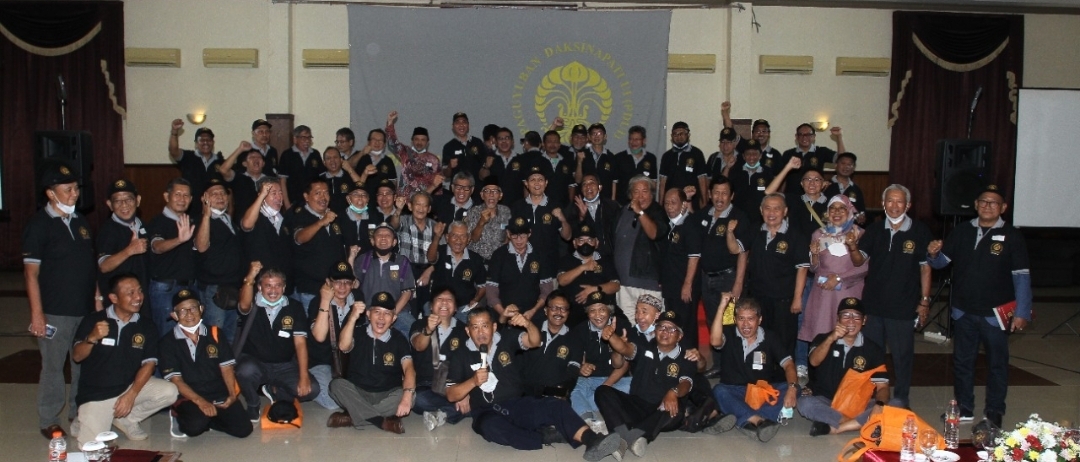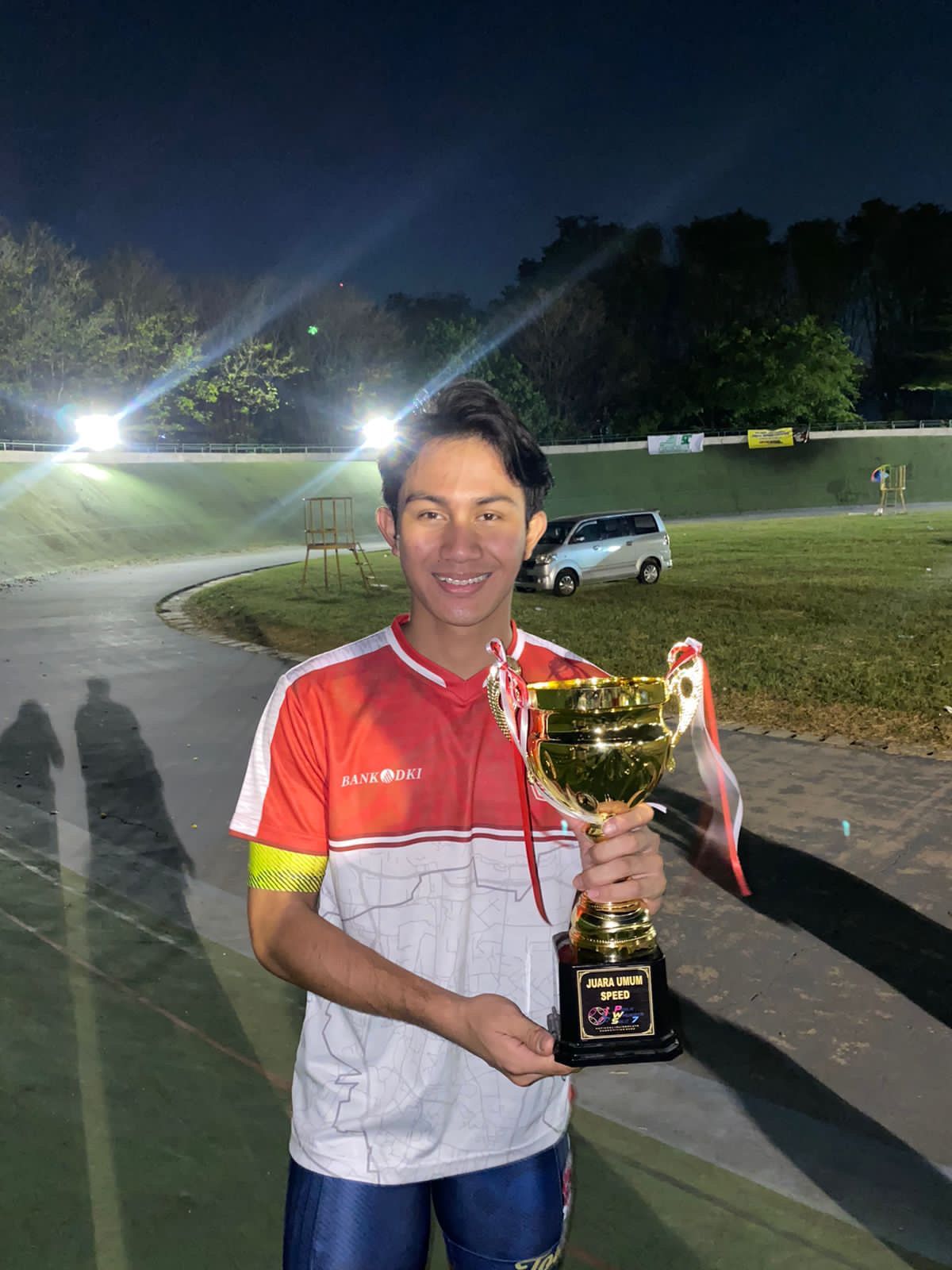Universitas Indonesia (UI), through the Faculty of Pharmacy (FF), in collaboration with the Association of Indonesian Pharmacy Higher Education (APTFI) held a Preceptor Training Program for pharmacy lecturers in Indonesia. This activity, taking place at The Margo Hotel, Depok, on Wednesday, July 31, aimed to empower lecturers to become role models in clinical skills and effective teaching in the field of pharmacy.
This training event was attended by 160 lecturers from 73 universities throughout Indonesia. Of the total participants, around 60 universities already have pharmacy study programs, while the 10 others are trying to establish them. According to the Dean of FFUI, Prof. Dr. apt. Arry Yanuar, M.Si., the participation of participants shows enthusiasm and shared commitment to producing a generation of competent preceptors in the field of pharmacy.
“This training is a great opportunity for lecturers to learn innovative teaching strategies, participate in in-depth case studies, and engage in discussions that stimulate critical thinking. Through this program, participants can learn, collaborate, and grow together. Hopefully, the knowledge and skills gained by the participants can be applied in their respective institutions to improve the standards of pharmacy education and practice in Indonesia,” said Prof. Arry Yanuar.
The training was attended by speakers, namely Director of International Clinical Pharmacy Education, University of Illinois Chicago (UIC) College of Pharmacy, Alan Lau, Pharm.D., FCCP, FNAP; Clinical Assistant Professor UIC College of Pharmacy, John Shilka, Pharm.D., BCPS, BCACP, and Daphne E. Smith Marsh, PharmD, BC-ADM, CDCES; and Lecturer of the Faculty of Pharmacy, Airlangga University, apt. Elida Zairina, S.Si., MPH., Ph.D.
Prof. Alan explained the importance of medication management to patients who are assessed individually. This practice is important so that the drugs given are appropriate for the patient, effective, and safe. Therefore, pharmacists involved in patient care observations are responsible for selecting, modifying, and monitoring patient-specific drug therapy. “For this reason, experiential education needs to be carried out so that students maximize their learning potential through direct interaction,” said Prof. Alan.
Preceptors or mentors according to the American Society of Health-System Pharmacists (ASHP) act as models, trainers, and facilitators in providing direct teaching to students. Direct teaching aims to provide information to students before practicing on patients. According to John, in these three functions, preceptors are tasked with directing students to practice exemplified medical actions, gain learning through experience, and learn independently with guidance.
Not only teaching from preceptors, education can also be given to fellow students. Daphne introduced a layered learning model where students teach or direct other students (who are less experienced) in the clinical flow. “There are five stages of the layered learning model implemented in each institution, including orientation, pre-experience planning, implementation, post-experience, and evaluation. This process allows students to receive feedback from other students about the experiences they have gained and they will find it easier to identify difficulties with fellow learners,” she said.
Meanwhile, Elida sees the need for the evolution of pharmacy education in Indonesia. According to her, to produce the best quality pharmacist graduates, there are four things that must be carried out continuously, namely curriculum reform, accreditation/quality assurance, technological integrity, and international collaboration. Curriculum reform is carried out by including more clinical content, while accreditation and quality assurance are carried out to meet the required standards.
In addition, increasing digital literacy and technology integration, such as incorporating e-learning tools into the curriculum, needs to be implemented to support ease in the learning process, especially online learning. International collaborations—such as student exchange programs, joint research projects, and global conferences—also improve quality and provide exposure to global best practices.
Chair of APTFI, Prof. Dr. apt. Yandi Syukri, M.Si., said that APTFI fully supports this activity because APTFI plays an active role in curriculum development, improving the quality of education, and organizing training to advance pharmacy education in Indonesia. “Through comprehensive and interactive preceptor training, we hope that participants can take and apply the knowledge gained to develop better pharmacy education,” he said.



